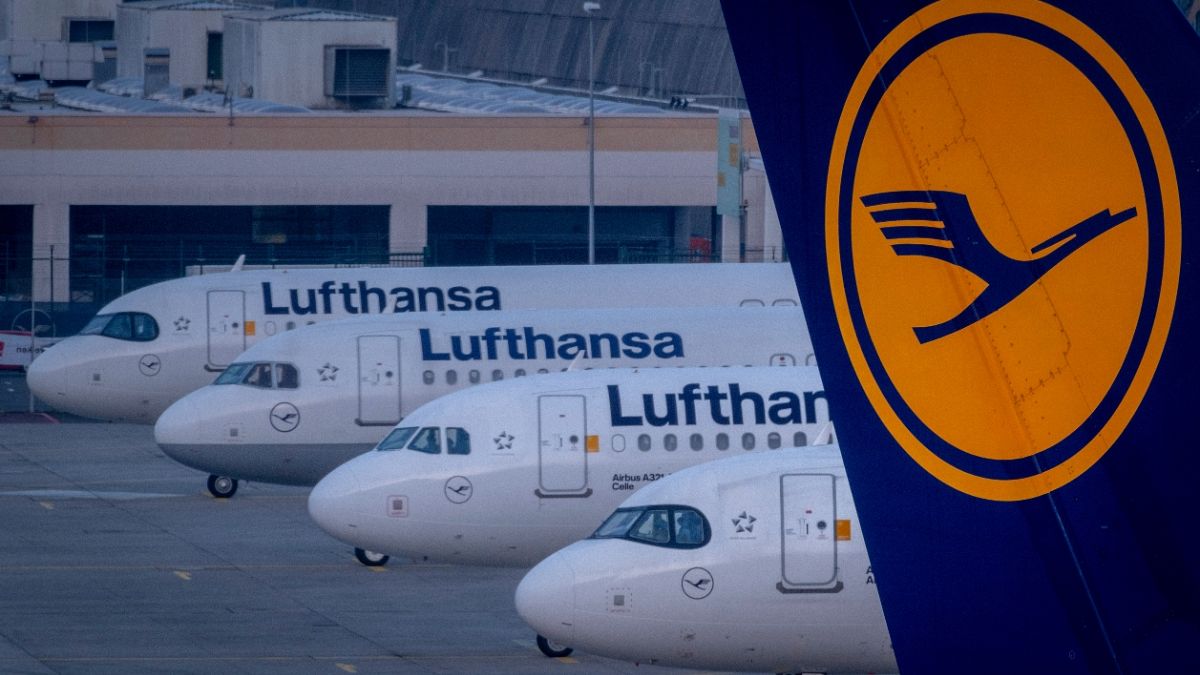Flights between Europe and Asia could see significant delays and longer journey times, following the first direct attack from Iran on Israel on Saturday night.
Immediately following the onslaught of drones and missiles, a number of Middle Eastern countries including Lebanon, Jordan and Iraq temporarily closed their airspaces, while Israel and Iran imposed restrictions on theirs.
Many European and Asian airlines fly over the region on their way between a number of popular destinations and have expressed concerns that the necessary rerouting will prolong flight times and add to fuel costs.
Deutsche Lufthansa, Qantas Airways and Singapore Airlines are all currently weighing up options.
Qatar Airways and Emirates managed to resume some suspended services on Sunday as airspaces began to reopen, but there are still warnings in place that disruption will likely continue for an unspecified amount of time.
What caused airlines to temporarily cease or reroute flights?
Iran’s airspace is one of the most frequently used by airlines travelling between Europe and India or Southeast Asia.
Airspaces throughout the region are often plagued by risks and complexities due to ongoing conflicts.
Iran’s attack came following difficulties for airlines surrounding Russia’s continuing invasion of Ukraine, which still forces many carriers to take lengthy diversions, more than two years on.
At the start of Israel’s war against Hamas in Gaza, airlines were forced to cancel or change the routes of flights through and around Tel Aviv. That situation has been monitored closely since 7 October.
On Saturday, though, Israel was forced to shut down its airspace for both domestic and international routes entirely, before reopening it on Sunday morning.
Iran’s attack came following a suspected Israeli attack on Iran’s embassy in Syria on 1 April, in which a top military commander was killed.
On Saturday night, Iran launched explosive drones and fired missiles at Israel in an apparent retaliatory strike, which has raised the threat of a wider regional conflict.
As a result of that action, Lufthansa Group suspended flights to several cities in the Middle East. That group’s airlines include Germany’s flag carrier Lufthansa, Austrian Airlines and Swiss International Air Lines.
What impact has Iran’s attack had on airspace around the region?
Swiss says it has suspended flights to and from Tel Aviv until further notice and announced that all of its planes were avoiding the airspaces of Iran, Iraq and Israel, causing delays to flights from India and Singapore.
Lufthansa has halted flights to Amman, Beirut, Erbil and Tel Aviv and says it will avoid the airspace above Israel, Jordan and Iraq for the foreseeable future.
Austrian Airlines also announced it was suspending flights to Tehran until at least 18 April.
“Long-haul routes through the Middle East will also be rerouted accordingly due to various airspace closures,” the airline said in a statement given to press.
Australian carrier Qantas had to put a brief stop to its direct Perth-London flights, adding a stop in Singapore in order to refuel. The closure of the airspace meant the route would have taken too long and the craft could not carry enough fuel.
Singapore Airlines announced that it is not flying over Iranian airspace for now and Cathay Pacific said although its operations remain normal, it is keeping a close eye on the situation in the Middle East.


